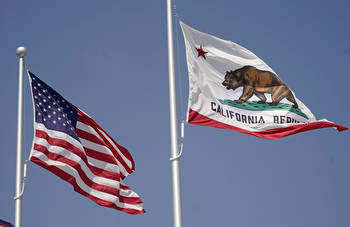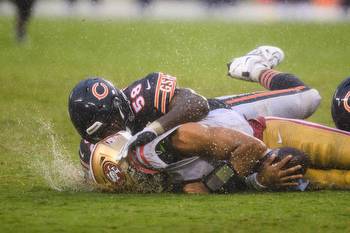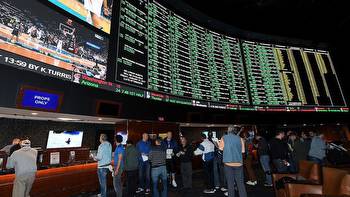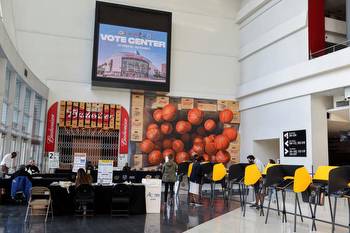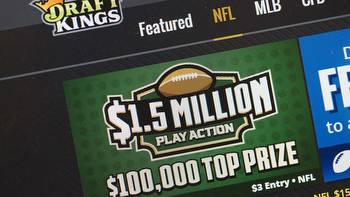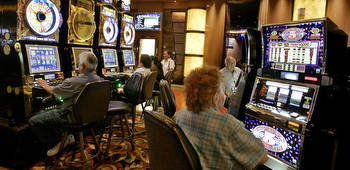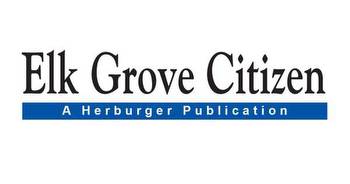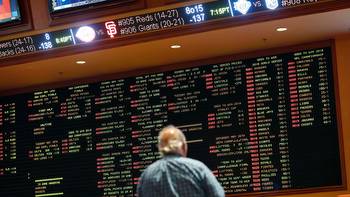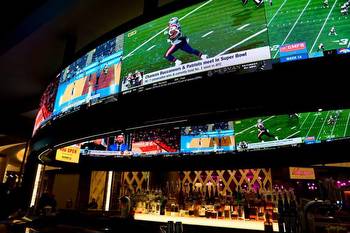CA Prop 26, 27 Sports Betting Votes More Than Meet The Eye

Prop 26 and 27 are on the ballot in California. They are both lengthy and significant. They represent significant changes to the gaming landscape in the state. The proposition for Proposition 26 is 15 pages long and the proposition on Proposition 27 is 65 pages.
Neither Proposition 26 nor Proposition 27 are likely to become law. It will be interesting to see what the next round of ballot measures will look like. There may be a push to bring sports betting to California with a state revenue maximization model.
Proposition 26 is a tribe-powered initiative dating back to 2019. It would legalize sports betting in California and set the legal betting age at 21. The measure would also ban wagering on in-state college teams and high school sports.
The measure calls current gambling enforcement “inadequate” and notes that it appears targeted toward cardrooms.
Californians should be able to report and enforce violations of California law against illegal gambling activities.
Prop 26 would allow citizens to report suspected illegal gambling activities to the attorney general. If no action is taken within 90 days, the reporting person could file a civil action themselves.
The Professional and Amateur Sports Protection Act (PASPA) gave the sports leagues the power to enforce the law. PASSA allows private parties to notify the government of actions that violate the laws. If the Government chooses not to prosecute, the private party can move forward with the action. In those cases, private people are allowed to keep a portion of the recovery.
Proposition 26 and 27 would allow sports betting at horse racing tracks in California. It would also allow roulette and craps at tribal casinos. The gambling revenues would be used for research and problem gambling programs.
Prop 27 is four times longer than Prop 26. It proposes to use the revenue from sports betting to alleviate some of California's issues with homelessness. Prop 27 acknowledges that unregulated betting is taking place and going untaxed in California.
The money generated by Prop 27 will go to a fund to help alleviate homelessness and mental health issues. The remaining funds will be given to the Tribal Economic Development Account for non-gaming tribes.
The measure would set some advertising standards. It would not require pre-approval of advertisements. Operators could offer unlimited free bets.
The measure includes a $250,000 application fee, $10 million for a tribal operator license, and $100 million fee for the gaming entity operator licence.
As part of the measure, tribes seeking to participate would need to provide:
Prop 26 and 27 are a limited waiver of sovereign immunity.
Prop 26 and 27 calls for a 10% tax on the adjusted gross sports betting receipts. Operators can take a credit against the surcharge of 10%, up to 20% of the initial license fee per year for the first five years.
Prop 27 proposes a 15% tax on illegal bets. It's unclear if it will generate more than nominal revenue for the state.

